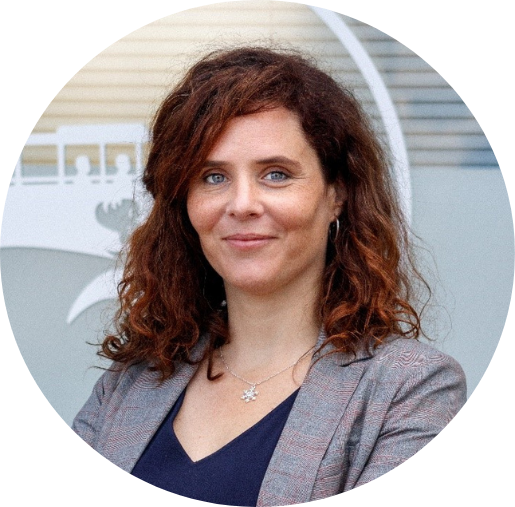Read our interview with Pauline Gautier, Head of Projects and Innovation at Keolis Bordeaux Métropole Mobilités. One of Pauline’s missions with her team is to run Lab TBMouv! – the first open innovation lab devoted to local mobility. With record-breaking innovation funding worth €10 million, the goal of Lab TBMouv! is to make the Bordeaux city district a leading example of innovation in mobility.

Pauline Gautier
Head of Projects and Innovation at Keolis Bordeaux Métropole Mobilités
How would you define your role and responsibilities as Head of Projects and Innovation for Keolis Bordeaux Métropole Mobilités?
My primary aim is to encourage my team to be effective on a daily basis and help the process of continuous improvement become a natural reflex for everyone.
As Head of Projects and Innovation, I have five main missions:
- Supervising the company’s programme and project portfolio, which includes five programmes and over 200 projects
- Assisting and advising Bordeaux Métropole by providing technical consultancy as it implements its citywide projects
- Organising the Project Management Office for in-house projects (ranging from the multiyear investment plan to contractual commitments via the innovation fund) by establishing and communicating harmonised project management methods
- Coordinating the investment plan for which the provider is responsible (€130 million over the duration of the contract)
- Coordinating Lab TBMouv! (the first local open innovation lab dedicated to mobility) and ensuring experiments carried out on the network progress as planned (with €10 million earmarked for innovation over the lifetime of the provider’s contract from 2023 to 2030).
What are the biggest project challenges your department faces as you implement Bordeaux Métropole’s mobility master plan?
The public service contract is especially demanding because it transfers a great deal of responsibility to the provider. Over 200 projects have to be delivered over the lifetime of the contract, which began at a time when the company hadn’t yet fully acquired a culture of cross-functional project management.
It took almost two years for the Projects and Innovation Department to establish a range of processes to improve the structure of day-to-day work within the company. The department has also designed and rolled out several tools to improve everyday project management including briefing documents, reporting templates, a project manager’s toolkit, SharePoint, and so on. All these resources are shared with the project manager community every two weeks during bespoke trainings that we prepare in-house.
To what extent to you take sustainable development issues into account in urban transport projects?
Keolis Bordeaux Métropole Mobilités (KB2M) has a particularly ambitious plan with respect to Corporate Social Responsibility (CSR). Four innovation experiments are making a direct contribution to improving CSR:
- Setting up an Industrial Agreement for Training through Research (CIFRE) scholarship to anticipate the effects of climate change on the operation of public transport
- A project called Hot protection Trams: this involves solar film being placed on windows and anti-reflective paint being applied to the AC units on 8 trams
- A study on grass track bed watering systems for the tram network
- A project called Écominéral devoted to recycling sweepings from tram tracks.
What is the role of innovation in Keolis Bordeaux Métropole Mobilités’ development strategy?
Innovation is a key enabler in differentiation and remaining competitive on the mobility market, and contributes to a culture of continuous improvement that’s highly motivating for our people on a daily basis. Over the space of just a few years, thanks to the innovation fund provided by the local council (€10 million, a record to date), the commitment of everybody at Keolis Bordeaux Métropole Mobilités and the creation of Lab TBMouv!, Bordeaux can legitimately claim to be a city on the cutting edge of mobility.
Your department is in charge of the open innovation ‘Lab TBMouv!’, working closely with the council. Can you tell us more about the lab’s role in addressing key issues for the city?
Lab TBMouv! is the first ever open innovation lab dedicated to local mobility, aiming to make the Bordeaux city district a leading example of innovation in mobility. The goal is to set up an umbrella organisation bringing the local ecosystem together around a shared mobility strategy. The initiative is being implemented via a range of local partnerships with stakeholders such as the University of Bordeaux, Technowest and French Tech. These partnerships are a way of including local students, startups and SMEs in KB2M’s innovation process, in particular through calls for solutions.
How do you go about working with startups and external partners to develop new mobility solutions? What opportunities does doing so generate?
Our institutional partners (French Tech and Bordeaux Technowest, a technology cluster supporting local innovation) help us link up with local startups by organising meetups to discuss a range of topics suggested by the TBMouv! lab. These include anticipating the effects of climate change, low-carbon mobility, and revolutionising passenger experience.
This year, Lab TBMouv! launched a call for solutions to address four innovation strands for the network: encouraging responsible behaviour on the network; improving passenger information; combating accidents; increasing network capacity against the backdrop of better multimodal interaction. This approach will enable startups and local businesses to implement proofs of concept and experiments on the Transport Bordeaux Métropole network in the coming months.
Can you give us a practical example of a project currently being developed by Lab TBMouv! that could have a major impact on Bordeaux city transport?
To date, Lab TBMouv! has helped with definition and/or experimentation for 17 projects. They include:
- A self-driving, zero-carbon river shuttle developed by Arcachon-based startup BlueNav
- A pantograph fitted with sensors to improve our predictive maintenance, developed by manufacturers Telemattica
- An on-board rail cleaning brush system to improve operational safety
- Virtual reality bike and e-scooter simulators developed by Eysines-based startup Mwheel, trialled as part of safety campaigns
- Eco-friendly tramway track bed watering systems
- Exoskeletons for maintenance personnel to protect against musculoskeletal disorders
- Legouvernail, a dynamic, low-tech passenger information system that’s vital for multimodal interchanges such as the Gare Saint Jean railway station.
Read more about the Lab TBMouv! :
A team manager with over fifteen years’ worth of expertise in transportation, Pauline Gautier has a hybrid background blending political science and a specialised Masters degree in transportation systems. Over the course of her career, she has built up a comprehensive and detailed picture of the sector’s innovations and challenges by working for the French Transport Ministry’s Directorate-General for Infrastructure, Transport, and Mobility (DGITM), a mobility authority and a transport operator. Pauline is equally at home in consultation strategy, the management of complex projects, organisational transformation and decision support solutions structuring. Her experience has enabled her to come up with innovative solutions and motivate teams to work together on ambitious projects such as the open innovation lab TBMouv!
